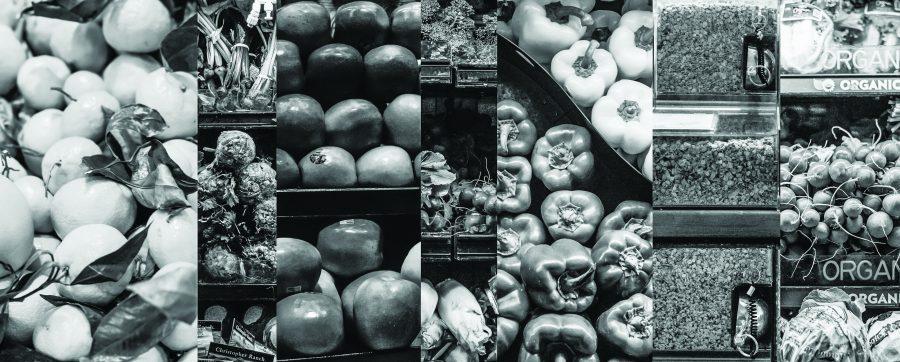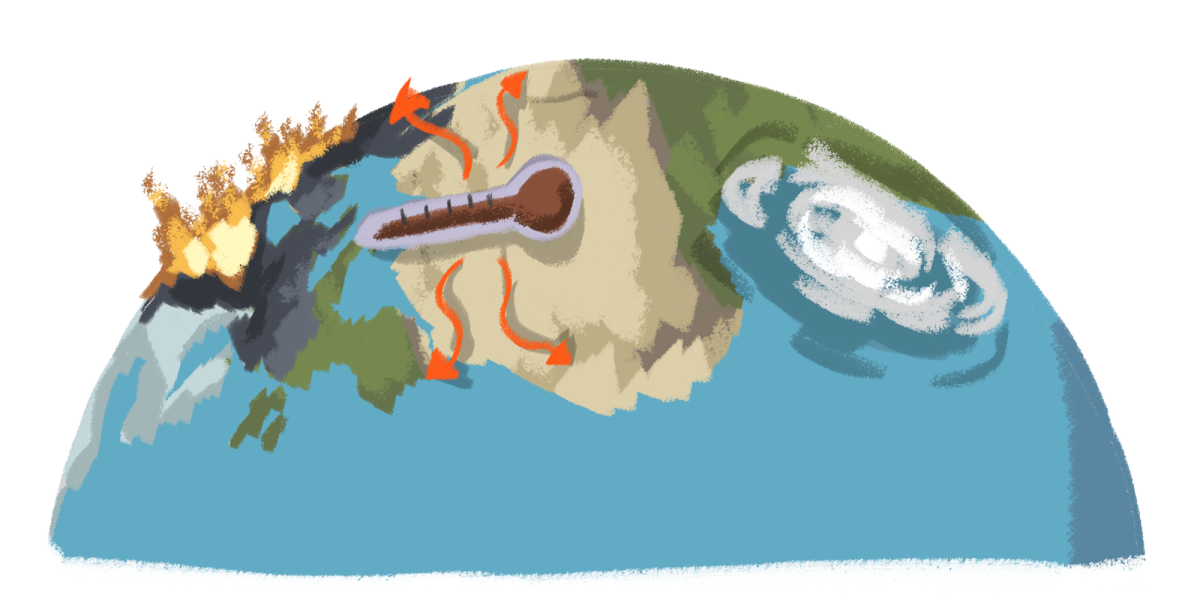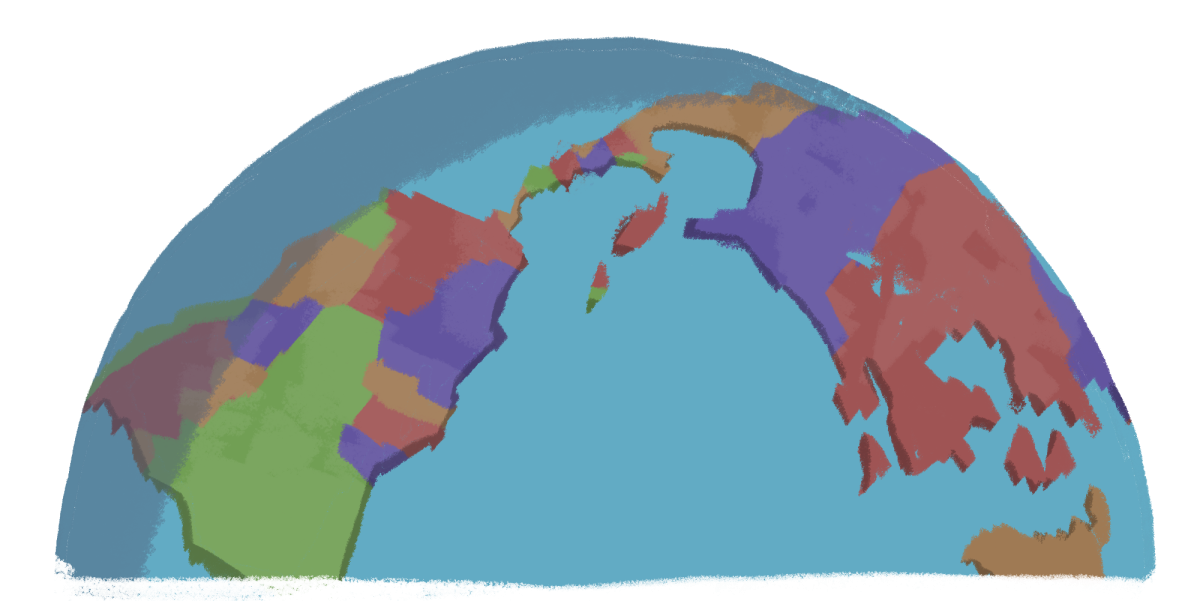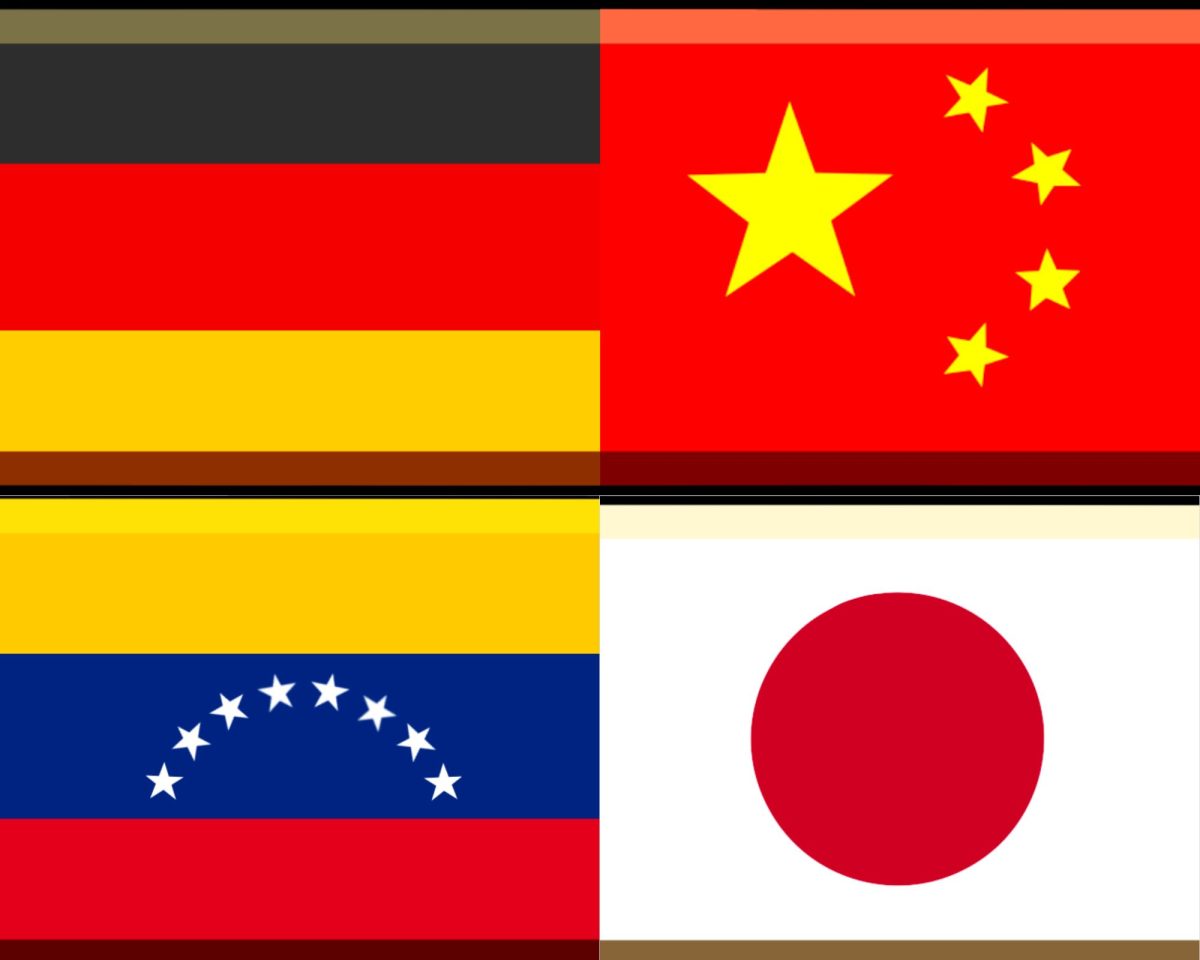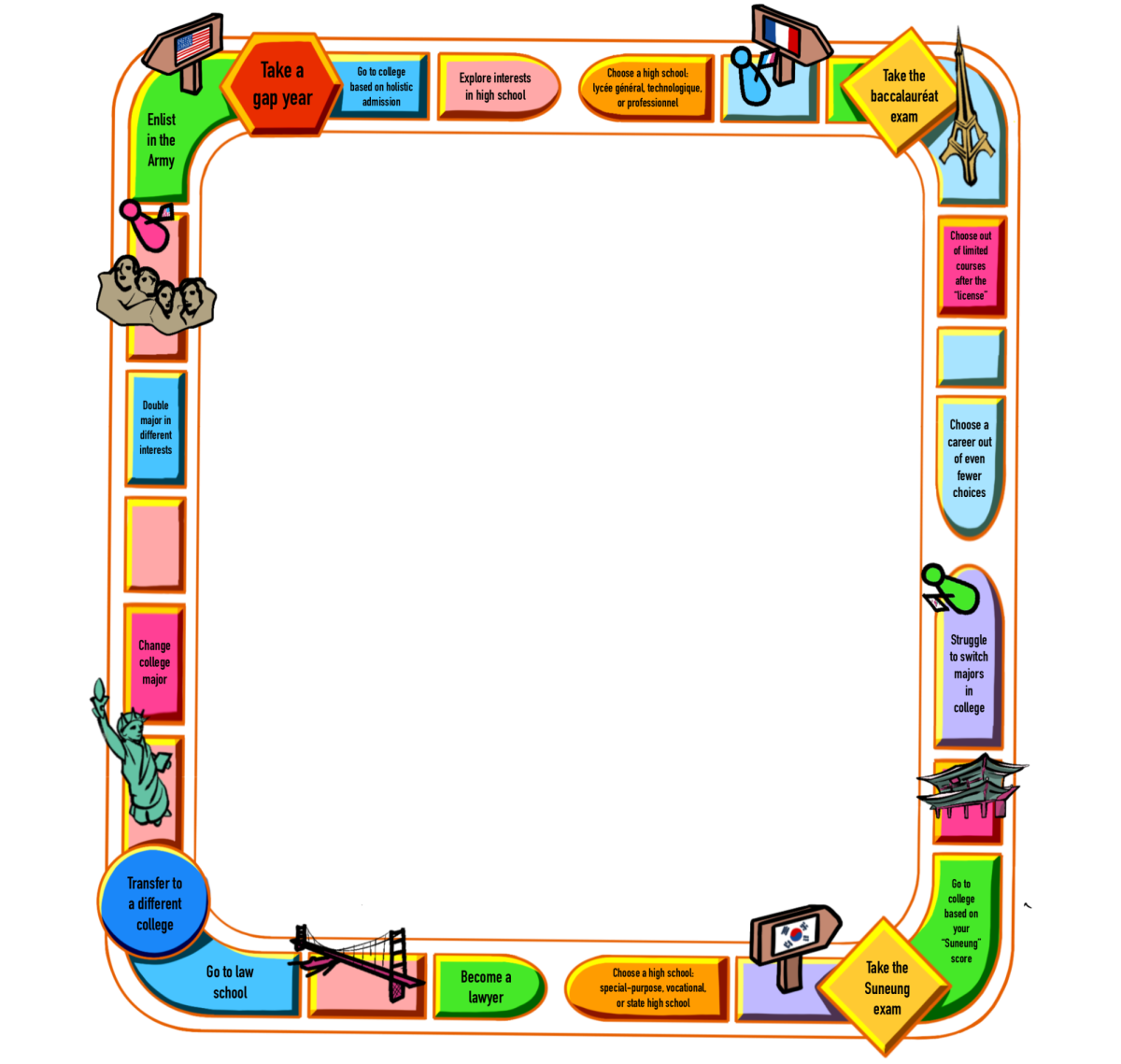Veganism is when someone avoids any animal products such as eggs, dairy and even products such as leather and wool. In the United States, according to the “Vegetarianism in America” study published by Vegetarian Times showed approximately 0.5 percent of Americans are vegans; 53 percent of them are vegans to improve their health. A vegan diet helps lower cholesterol levels and blood pressure, but in doing so it takes away vitamin intakes and has many negative effects on physical health such as osteoporosis and digestive issues.Therefore, veganism should be avoided for one to maintain his or her health.
Having a vegan diet deprives one of the nutrients that a body needs on a daily basis. According to SFgate, protein is one nutrient missing from the vegan diet. The role of protein in our body is paramount: proteins build and maintain all the cells and tissues in the body. Most muscles and organs are made up mostly of protein and are responsible for almost all of the body’s processes. Plant foods, such as tofu and nuts, are still unable to replace meat and other animal products that contain the necessary complete proteins for the body. Complete proteins provide all of the nearly two dozen types of amino acids one’s body needs, but a vegan diet is void of the foods that provide these complete proteins foods.
Another necessity for proper health that veganism lacks is Vitamin B12. A major concern for those who subsist solely on plant foods has been this vitamin. While meat, milk and eggs have ample Vitamin B12, plants contain none. According to the “American Journal of Clinical Nutrition”, German researchers tracked 174 apparently healthy people living in Germany and the Netherlands. In their study, they found that 92 percent of the strictest vegans had Vitamin B12 deficiency. This is a serious concern, according to an article at Medlineplus, Vitamin B12 deficiency can have drastic consequences on one’s health such as confusion or change in mental status (dementia), depression, nerve dysfunction, memory loss, disorientation, difficulty with concentration and lack of balance when walking.
Vegan diets are naturally low in saturated and trans fats, reducing one’s risk of developing heart disease and related complications. However, vegan diets and plant-based vitamins and minerals are not always as easy for a body to absorb as nutrients from animal foods. The body absorbs as much as 35 percent of iron originating from animal sources, which is called heme iron. Plant-based iron, which is called non-heme iron, is more difficult to absorb. A person only absorbs 2 percent to 20 percent of the non-heme iron one gets from spinach, soybeans and other vegan foods. This can lead to iron-deficiency anemia, which can cause the person to feel tired, have shortness of breath or demonstrate poor ability to exercise.
A vegan diet is a good way to lose weight and lessen the risk of heart diseases, but the diet lacks the necessary nutrients to support the human body. It lacks protein, Vitamin B12 and easily absorbable iron which can lead to various undesirable side effects. Therefore, a vegan diet is a poor choice when considering the overall impact on one’s health.


